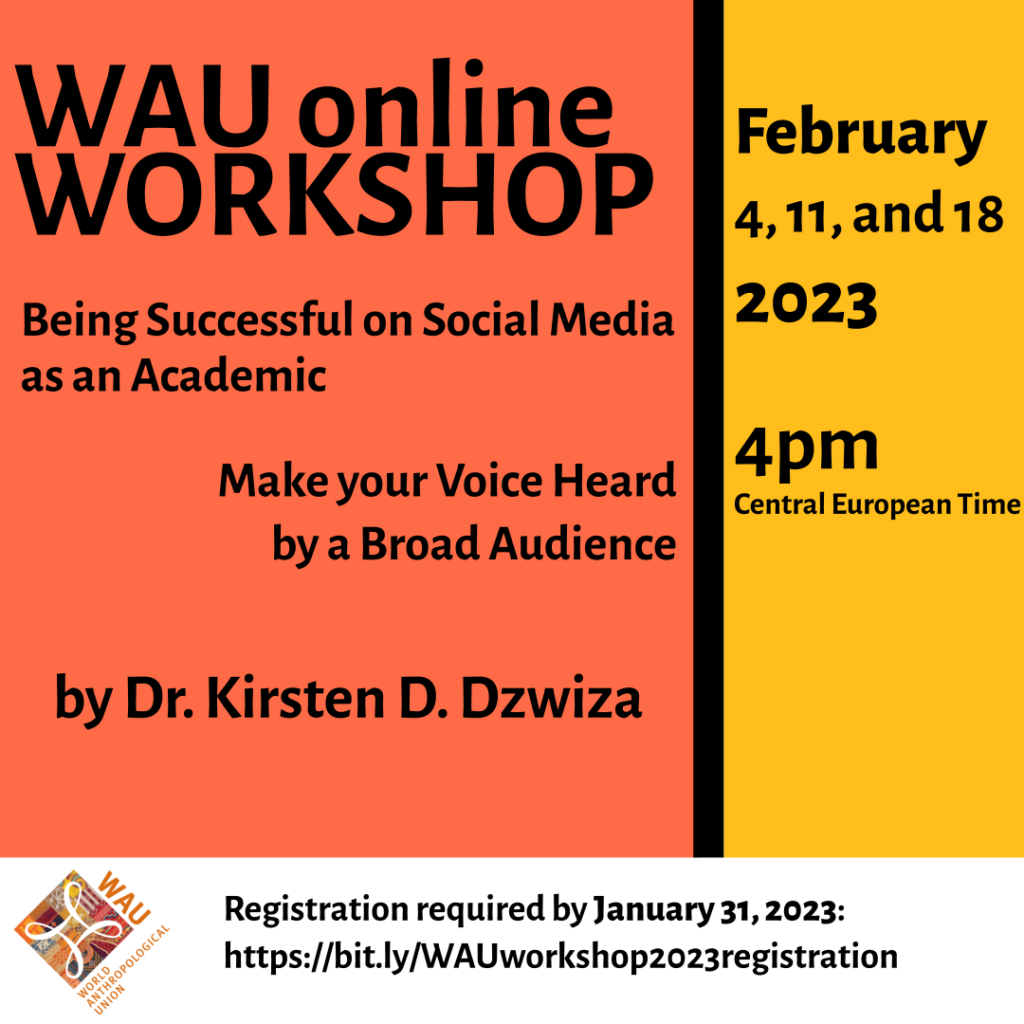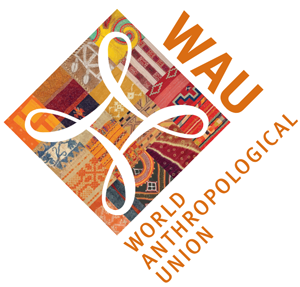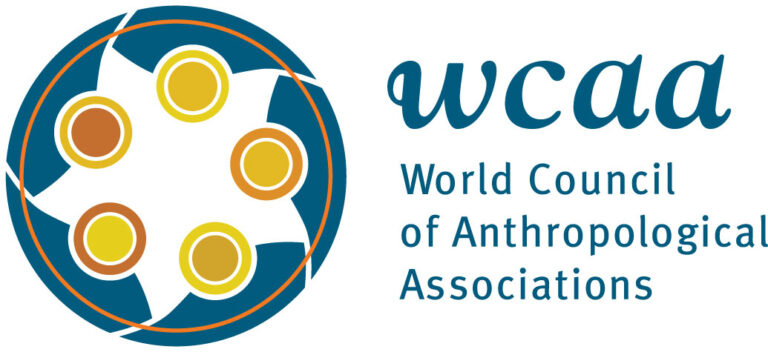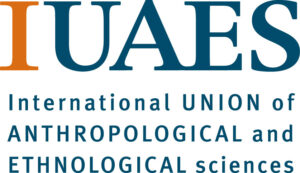
Workshop abstract
Do you want to become active in open science, science communication, and public outreach? Share your research with a broad audience? And wonder where to start and how to do it?
In this workshop you will learn about the best social media platforms for sharing your individual content, to develop a strategy for your successful public outreach, and start growing and maintaining your community.
To do so the workshop is structured into three sessions, each consisting of a theoretical part and a practical part. The first two sessions also include homework.
Registration required by January 31, 2023:
- Session 1
- Session 2
- Session 3
2,5 hrs. including 10 min. break
Part 1: Social Media Platforms - Overview and Getting Started (~50 min.)
The theoretical part will introduce characteristics, benefits and downsides in terms of functionalities and communities of the most popular as well as recently upcoming social media platforms: Twitter, Mastodon, Instagram, TikTok, Facebook, and YouTube.
Part 2: Defining Goals, Content, and Target Audiences (~90 min.)
The second part starts with an overview of different kinds of goals in open science and public outreach on social media, of the different kinds of content that can be shared (e.g. primary and secondary sources, fundamental resources, explanatory content, 3rd party content ...), and of potential target audiences.
During the practical part the participants will define their individual goals, outline their primary target groups and the kinds of content they would like to share.
The session will end with a discussion and potential fine tuning of the outcomes.
1,5 hrs.
Part 3: Applying Strategy
The session will start with a concise introduction to the components of social media strategies and their potential individual combinations.
In the practical section the participants will choose from these components and develop their own strategy, based on their goals and implementing their experiences from homework.
The session will again end with questions, discussion, and potential fine tuning of the outcomes.
1,5 hrs.
Part 4: Fine Tuning & Interacting With Your Community
The session will start with an exchange of experiences based on the previous homework. Questions will be addressed and ways to adapt and improve strategies outlined.
The theoretical part introduces strategies for how to deal with different kinds of followers and commentators and how to grow and maintain your community in the way you want it to.
The final part of the workshop is dedicated to questions and discussion.
Participants have the chance to exchange with me in-between the three workshop sessions.
Keywords
Open Science, Social Media, Science Communication, Public Outreach, Strategy, Getting Started
Name, affiliation and contact details of the workshop leader
Dr. Kirsten D. Dzwiza
Independent scholar affiliated to the Egyptological Department at the University of Heidelberg, Germany
Email: kd@charakteres.com
Twitter: https://www.twitter.com/antikemagie
Mastodon: https://archaeo.social/@antikemagie
Youtube: https://www.youtube.com/@antikemagie
Instagram: https://www.instagram.com/archaeology_ancient_magic/
Website: https://www.charakteres.com
Qualifications to lead such a workshop
Dr. Dzwiza is an archaeologist with a research focus in ancient Egyptian, Greek, and Roman magic and ritual practice. She worked for 6 years in post-doc positions at the Egyptological department of the University of Heidelberg and the Historical department of the University of Erfurt and received a 3-years grant from the German Research Foundation for her studies of ancient magic signs.
Dr. Dzwiza makes academic knowledge accessible to a broad audience on her blog and via her social media channels. With the support of her community she successfully crowdfunded the writing of two of her academic books on Kickstarter to make them available for free.
The language of the workshop
English
The length of the workshop and the number of sessions
3 Sessions, approx. 5.5 hrs. altogether.
Number of participants (min.-max.)
5-15
Plans for homework that participants would do at, or between, sessions of the workshop
Yes, details will be given during the workshop.
Platform which will be used to conduct a workshop
Zoom
Participants’ requirements: specific competences, skills or equipment
Desktop computer or mobile device with internet access, a microphone and a mobile phone which is necessary for verification when setting up an account on social media platforms.



